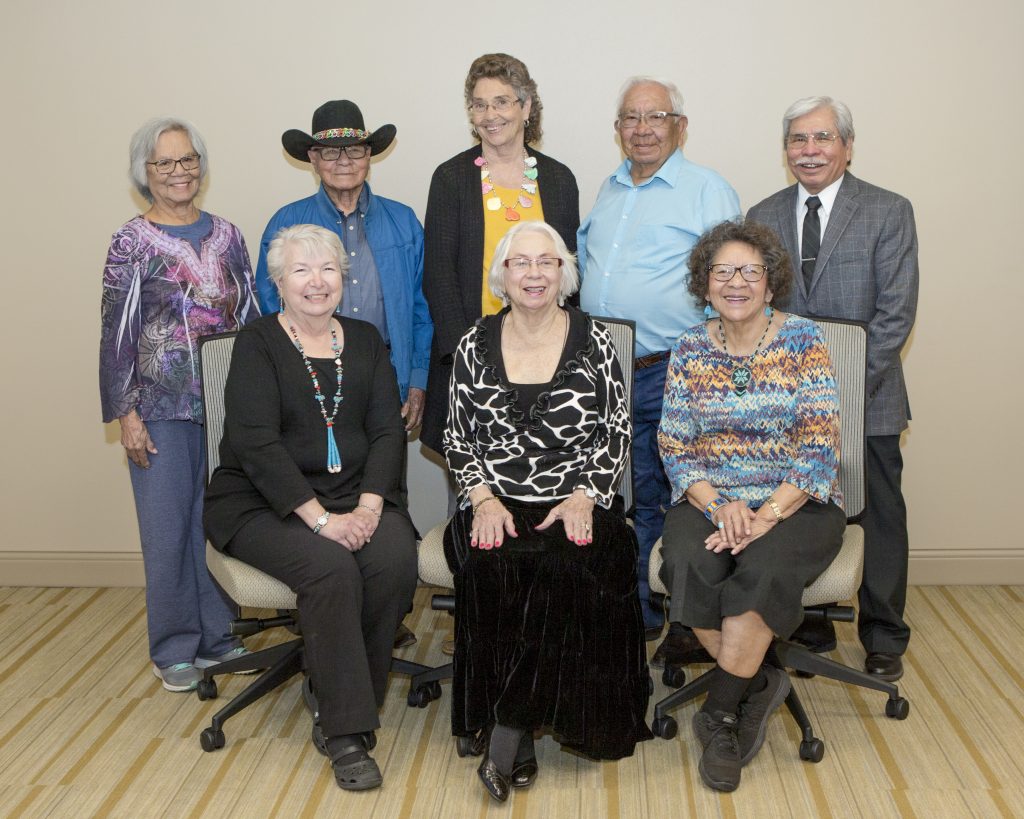Providing Guidance on Exhibit Development and Planning
CASE STUDY
Chickasaw Nation Council of Elders Approval of Creating Replicas of Artifacts
Valerie Walters, Chickasaw Cultural Center
Summary
In 2015, the Department of Culture and Humanities requested advice and guidance from the Council of Elders on the topics of 1) replicating culturally sensitive items, which were to be placed in our collection and 2) for culturally appropriate items that could go on display in public exhibits. The Council consists of Chickasaw elders who are knowledgeable in the fields of Chickasaw history, culture and language. The group meets monthly and is asked to provide guidance to the Chickasaw Nation on important matters. The request to replicate items was brought before the Council during a Council of Elders monthly meeting.

Key Issues and Goals
• The goal was to seek the advice and approval or denial from the Council of Elders to replicate culturally sensitive items for our collections and for display.
• Replicas were to be placed in our collection.
• Replicated items that were deemed appropriate, would be displayed in exhibits and used for educational purposes.
• The final decision was solely that of the Council of Elders to give approval, denial or suggest changes to this request.
Conclusion
The Council of Elders approved a memo indicating the Department of Culture and Humanities could produce replicas from artifacts that are culturally sensitive.
This decision was based on the Council’s understanding about the importance of using replicated items in appropriate museum exhibits and for educational opportunities. The Council explained that the use of replicas is necessary to further the education of Chickasaw people about its early history. They were concerned that younger generations were not learning about the rich Chickasaw history because the practice has been to store culturally sensitive replicas away from public viewing. The Council believed it was their duty and the duty of the Chickasaw Nation to use these items for outreach to its people.
This decision was made with the agreement that any items replicated will be cared for just as the originals and must be to handled and displayed with appropriate respect and honor.
The Council also determined that no original associated funerary objects would be placed on display due to the sensitive nature.
